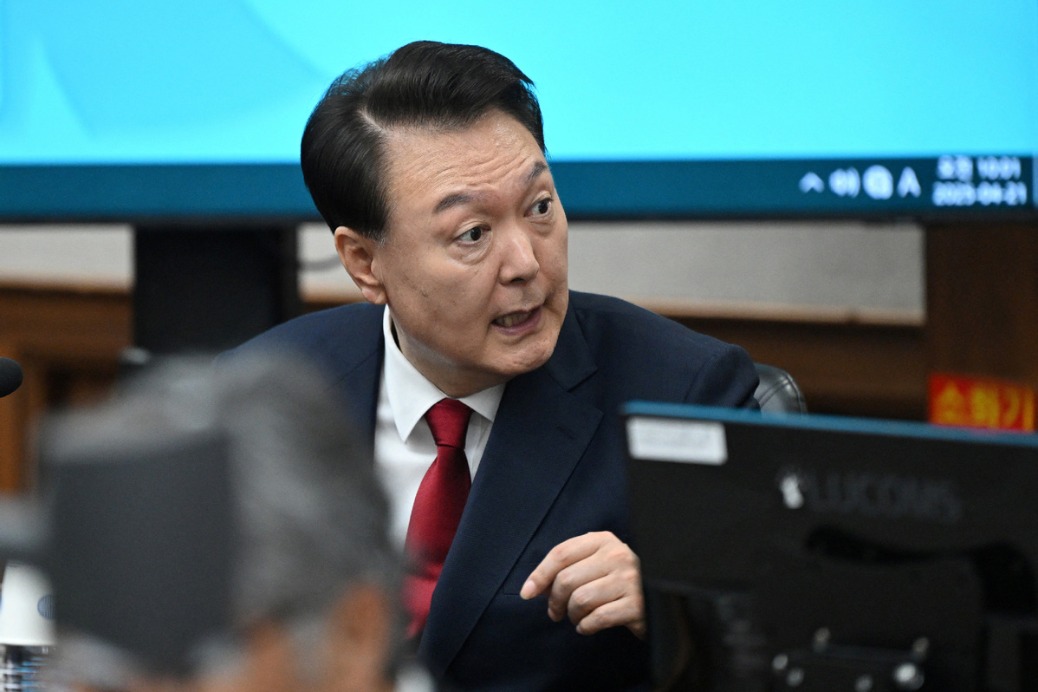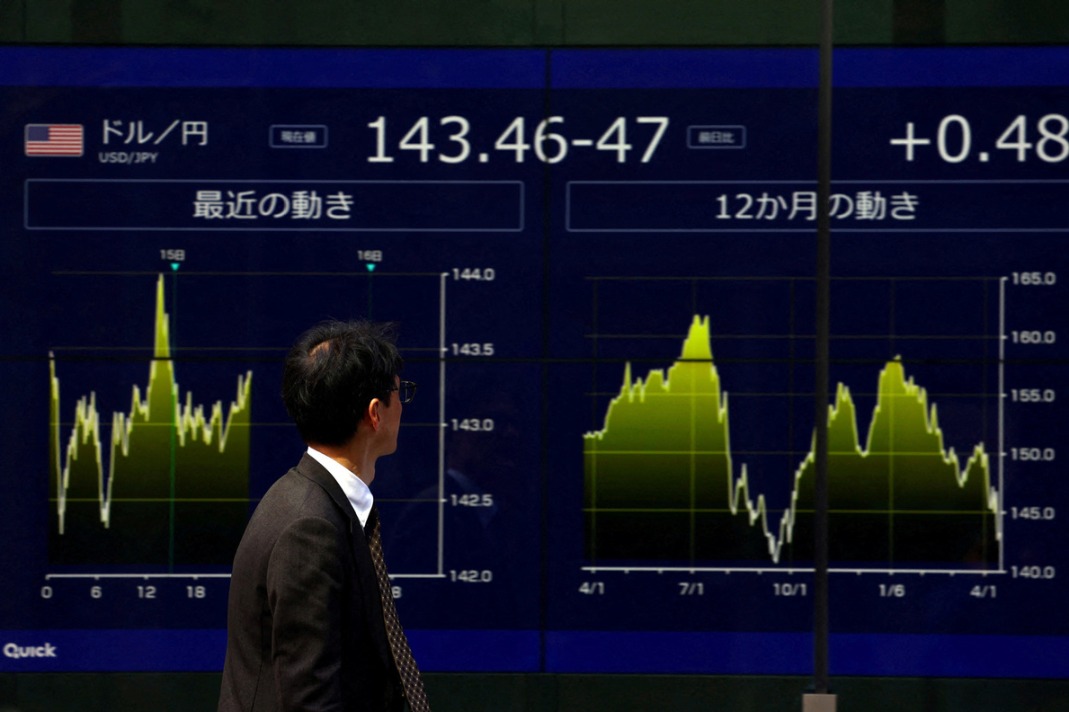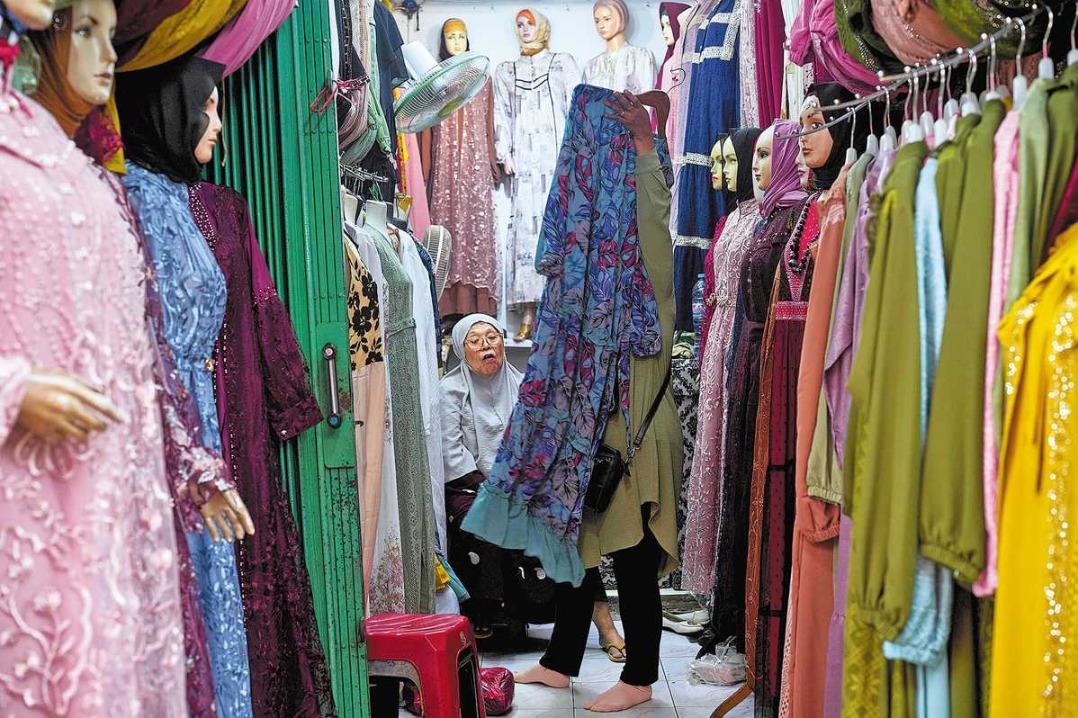US tariffs threaten Arab non-oil exports: UN agency

BEIRUT -- A sharp rise in US trade protectionism is placing Arab economies under mounting pressure, endangering 22 billion US dollars worth of non-oil exports, according to a policy brief released Saturday by the United Nations Economic and Social Commission for Western Asia (ESCWA).
Jordan emerges as the most vulnerable, with nearly a quarter of its total exports bound for the United States. Bahrain is also flagged due to its heavy dependence on aluminum and chemical exports to the US market.
Meanwhile, the United Arab Emirates could see disruptions to roughly 10 billion dollars in US-bound re-exports, a result of US tariffs on goods originally produced in third countries, said the brief.
The ESCWA brief also warns of growing financial strains across Gulf Cooperation Council (GCC) economies, which are contending with a sharp drop in global oil prices.
Further financial challenges loom for non-GCC states. ESCWA projects that Egypt, Morocco, Jordan, and Tunisia will collectively face an additional 114 million dollars in sovereign interest payments in 2025, driven by rising global bond yields amid investor uncertainty. These higher borrowing costs risk tightening national budgets and delaying development initiatives, it said.
Earlier this month, US President Donald Trump signed an executive order amid widespread opposition, imposing so-called "reciprocal tariffs" on its trading partners worldwide.
































